Mara Wilson Says Being a Child Star Left Her With “Lasting Damage”
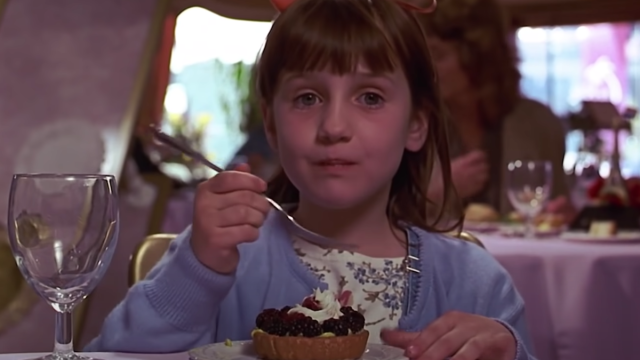
While the stereotypical assumption is that child stars face tragic ends, that’s certainly not true of all young performers. Mara Wilson, for example, went from child actor to child actor advocate. The star of Mrs. Doubtfire, Miracle on 34th Street, and Matilda stopped acting in movies when she was 13 years old, and she has since become a writer and an outspoken critic of the way child actors are treated by the media and by the public.
While Wilson has said that she enjoyed being on sets during her career, she had harrowing experiences with other aspects of celebrity, from reporters asking her inappropriate questions to older men sending her sexualizing fan mail. In a new interview with The Guardian, Wilson said that being a child star left “lasting damage” and revealed some of problematic behavior she bore witness to when she was making movies. Read on to see what else the 35-year-old shared.
READ THIS NEXT: Former Child Star Says She “Became a Recluse” After Jokes About Her Body Spread Online.
Wilson said she always felt safe on set.
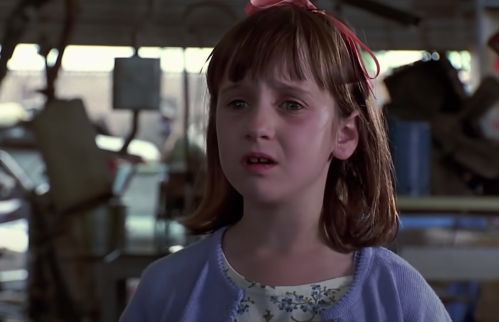
In her Guardian interview, Wilson explained that it wasn’t working on films that affected her negatively for years to come.
“I don’t think you can be a child star without there being some kind of lasting damage,” she said. “The thing that people assume is that Hollywood is inherently corrupt, and there’s something about being on film sets that destroys you. For me, that was not necessarily true. I always felt safe on film sets.”
She explained that “some sketchy, questionable things happened at times.” Wilson said that she would overhear dirty jokes and witness others being sexually harassed. She also said that sometimes she, rather than her parents, would be asked if she could work overtime. But, Wilson clarified that she “never felt unsafe.”
“I think that’s because I worked with a lot of really wonderful directors, who were used to working with children,” she said. Mrs. Doubtfire was directed by Chris Columbus, who also directed Adventures in Babysitting and Home Alone, while Matilda was helmed by her co-star Danny DeVito.
For her, the real damage was done after filming wrapped.
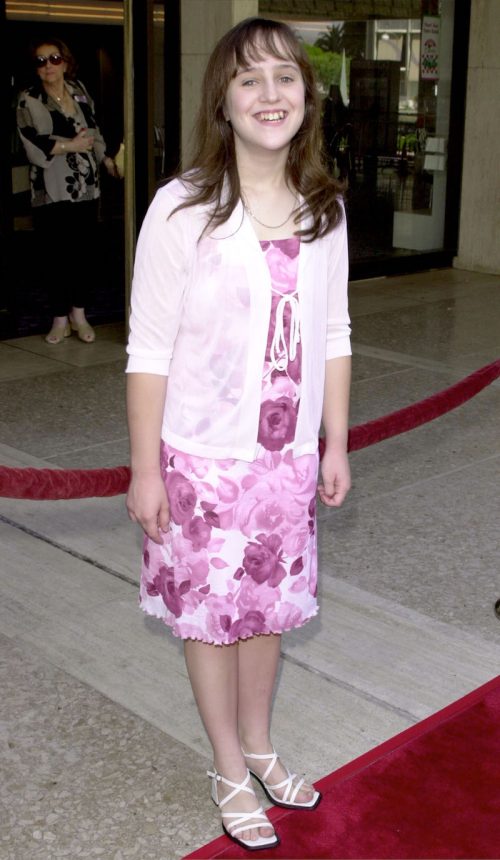
Wilson has opened up over the years about being sexualized when she was still a child, and she touched on the topic again in her most recent interview. This is the part of the child star experience that negatively impacted her the most.
“I had people sending me inappropriate letters and posting things about me online,” she told The Guardian. “I made the mistake of Googling myself when I was 12 and saw things that I couldn’t unsee.” For example, Wilson’s likeness was edited into adult entertainment websites, and grown men would contact her.
There was also the issue of having to speak to reporters. “People don’t realize how much constantly talking to the press as a child weighs on you,” she said, explaining that she would be asked questions like which actor she found “sexiest” or if she knew what French kissing was.
For more celebrity news delivered right to your inbox, sign up for our daily newsletter.
One doctor thought she might have PTSD.
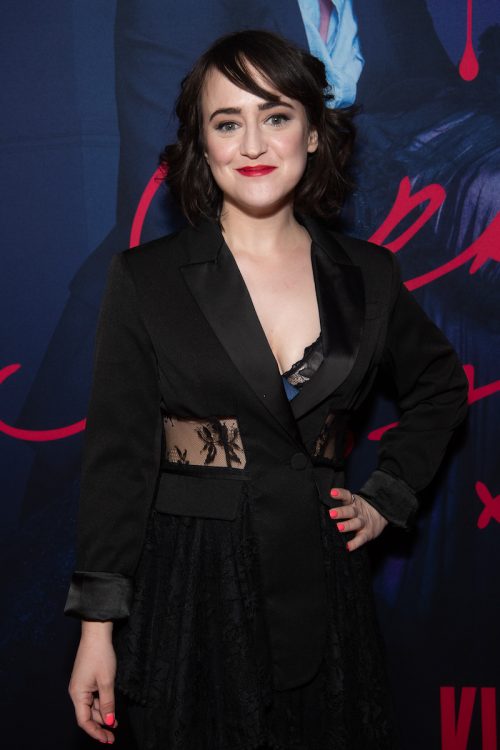
The Guardian article notes that Wilson was later diagnosed with obsessive compulsive disorder (OCD), and that a psychiatrist though she might also have post-traumatic stress disorder (PTSD). “I had obsessions and compulsions that were driving me crazy,” she told The Guardian. “I worried all the time about God and religion, and the world. I was angry and stressed out, and my dad said, ‘You can always take time off acting.’ So I did.”
Wilson previously opened up about OCD and anxiety on the podcast Mayim Bialik’s Breakdown in 2022 (via BuzzFeed). She said that her condition worsened when she was filming Matilda. It was around this time that her mother, Suzie Wilson, died of breast cancer.
She said that she had always “worried” a lot about big topics, including death and sickness and realized other kids weren’t like this. “My mother was sick, I had just finished filming Matilda,” she said. “I started having panic attacks about things like my pet hamster escaping.”
She ended up taking medication to help with her symptoms after doctors determined she had severe OCD. “I’m on Lexapro now and it helps because I could not function without it,” Wilson said.
She’s spoken up in support of other child stars.
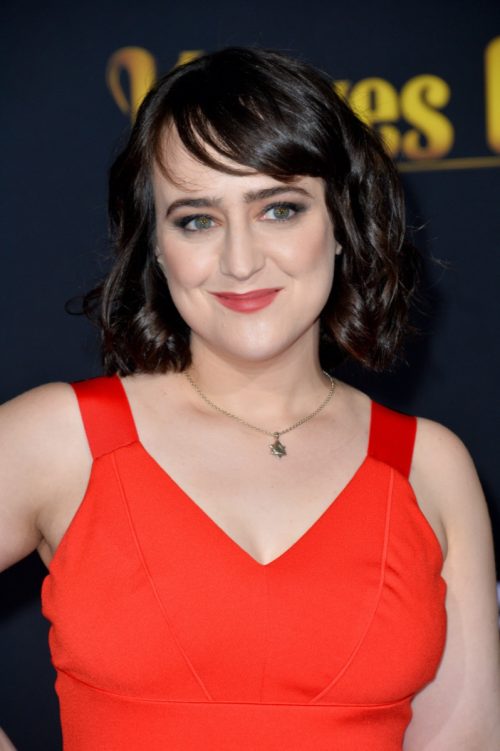
Wilson has written a great deal about her experience as a child star, including in the memoirs Where Am I Now? True Stories of Girlhood and Accidental Fame (2016) and Good Girls Don’t (2023). In a 2017 Elle magazine article, she defended then-13-year-old Stranger Things actor Millie Bobby Brown against the way people were talking about her appearance.
In 2021, Wilson wrote an op-ed for The New York Times titled “The Lies Hollywood Tells About Little Girls,” in which she detailed her own experience as a child performer. In the piece, she opened up about journalists crossing the line and being sent scary fan mail. “It was cute when 10-year-olds sent me letters saying they were in love with me. It was not when 50-year-old men did,” she wrote. She said that experiences like this made her feel “ashamed,” even though she’d done nothing to warrant them.
Wilson continued, “Hollywood has resolved to tackle harassment in the industry, but I was never sexually harassed on a film set. My sexual harassment always came at the hands of the media and the public.”